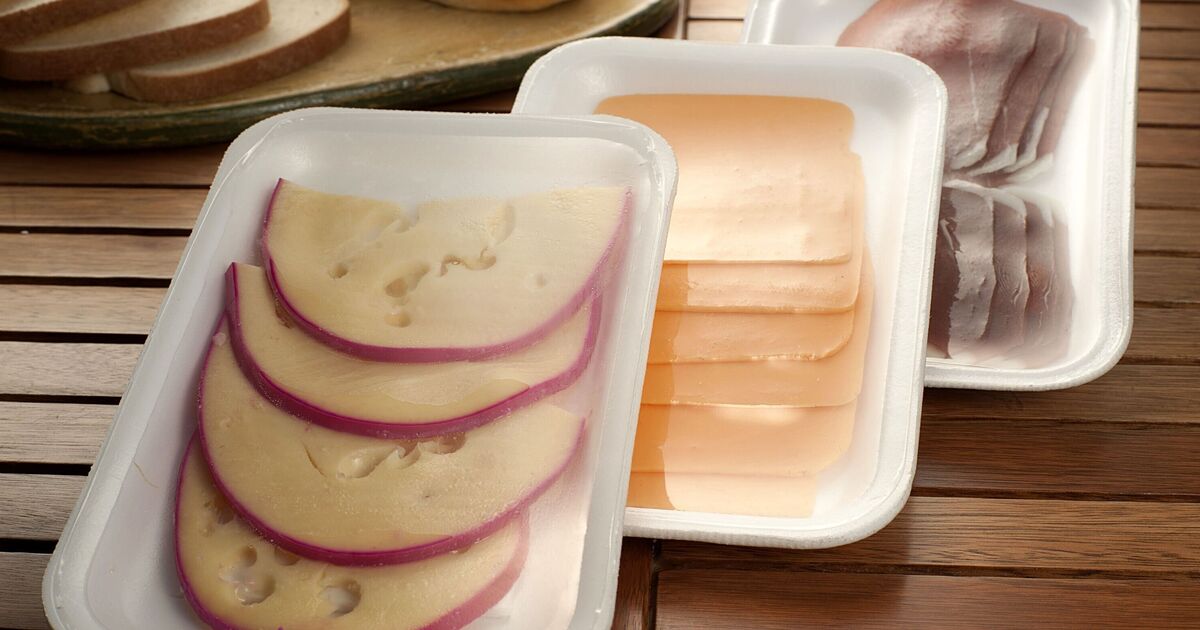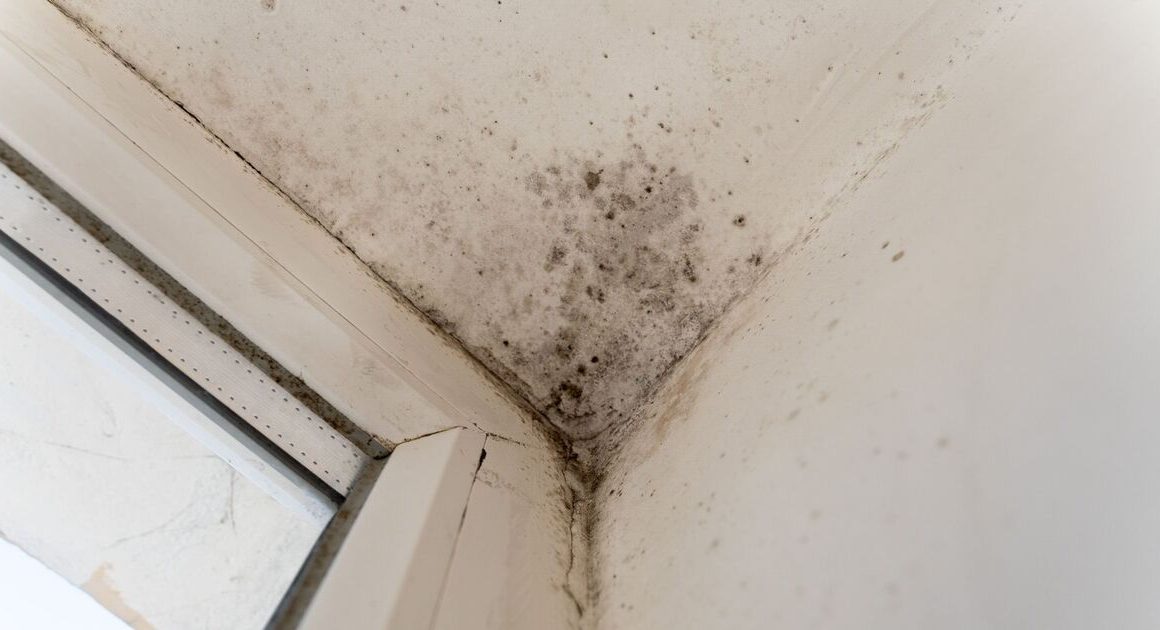Whilst cheese tends to have a long shelf life, storing it incorrectly can result in mould forming pretty quickly.
Storing cheese properly can keep it fresher for longer, as well as prevent green mould from appearing, but according to experts, many people are doing it wrong.
Waste experts from NRC Business Waste have shared the key to keeping cheese mould-free, avoiding common mistakes when it comes to using clingfilm.
1. Avoid using plastic or clingfilm
The experts told Express.co.uk: “Cheese, especially softer varieties like Havarti, mozzarella, and Gouda, contain high water content, which makes them more prone to spoilage.
“Wrapping these cheeses in plastic or cling film can trap moisture, leading to faster mould growth. The plastic creates a breeding ground for bacteria and mould — and not the tasty kind.”
2. Use parchment paper for block cheeses
The pros recommended using parchment paper to store block cheeses such as cheddar or parmesan.
Parchment paper allows the cheese to breathe whilst also keeping it protected from any moisture.
The experts explained: “Wrap the cheese in parchment, secure it with tape, and write the date of opening on it.
“This method not only helps reduce mould but also maintains the cheese’s texture.”
3. Property store soft cheeses
Soft cheeses, such as brie, camembert and ricotta, often spoil faster than hard cheeses.
In order to keep them fresher for longer, it’s recommended to remove any foil or film after opening, replacing it with tight clingfilm.
The waste experts noted: “This helps ensure an airtight seal, which is important for preserving soft cheeses.”
4. Freezing cheese
If you have excess cheese, it’s best not to waste it and instead freeze it.
It’s best to grate the cheese first as this type freezes better and maintains its texture once defrosted.
Place the grated cheese in a zip-lock bag to keep it airtight, ensuring it’s ready for use in cooking or sprinkling on top of dishes when needed.










